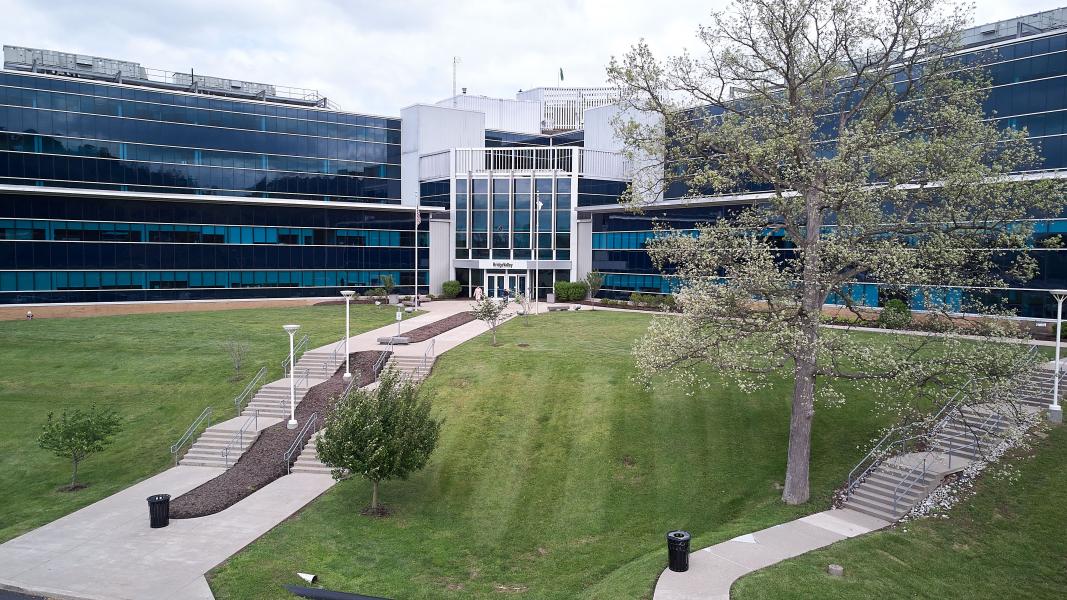World
Trump Invited Chinese President Xi Jinping And Other World Leaders To Inauguration—Here’s Why That’s Unprecedented

Topline
President-elect Donald Trump invited Chinese President Xi Jinping and other world leaders to attend his inauguration next month, his incoming press secretary confirmed Thursday, and though the Chinese leader has reportedly declined the invitation, other world leaders could still attend the inauguration—and their presence there would be a historic first.
Then-President Donald Trump (R) and Chinese President Xi Jinping (L) shake hands during dinner at … [+]
Key Facts
Trump spokeswoman Karoline Leavitt confirmed the president-elect’s invitation on “Fox and Friends” Thursday after it was first reported by CBS News Wednesday night, telling the Fox hosts it was “an example of President Trump creating an open dialogue with leaders of countries that are not just allies but our adversaries and our competitors, too.”
The invitation was noteworthy as Trump has railed against China in the wake of his election—announcing in November he will impose additional tariffs on imports from the country—though he has maintained he has a positive relationship with Xi himself, saying on “Meet the Press” Sunday that he had spoken with the Chinese leader within the past week.
Xi is not expected to attend the ceremony, CBS News reported late Thursday citing anonymous sources, but it remains to be seen if other world leaders could be at the inauguration, as Leavitt told Fox that Trump had also invited other heads of state but did not specify any particular leaders.
If any foreign leaders do show up at the inaugural ceremony, it would be unprecedented.
State Department records dating back to 1874, when the first visit by a foreign leader took place, show no head of a foreign country has ever attended a presidential inauguration in the U.S., though CBS notes it’s common for lower-ranking foreign diplomats or ambassadors to show up.
Foreign leaders aren’t typically invited to inaugurations due to the large crowds and “security concerns,” officials told the Associated Press in 2009, when Barack Obama’s transition team declined to invite any heads of state to his inauguration, citing historical precedent.
Crucial Quote
Trump acknowledged Thursday when opening the New York Stock Exchange that he has been “thinking about inviting certain people to the inauguration,” the AP reports, though he didn’t mention any specific names. “And some people said, ‘Wow, that’s a little risky, isn’t it?’” the president-elect added. “And I said, ‘Maybe it is. We’ll see. We’ll see what happens.’ But we like to take little chances.”
Could Other Foreign Leaders Attend Trump’s Inauguration?
It’s still unclear which other leaders could attend the inauguration. Trump has reportedly extended an invitation to Hungarian Prime Minister Viktor Orbán—a longtime Trump ally—with sources telling CBS News the leader is “still considering” if he will attend. One leader who’s not expected to make an appearance, however, is Russia’s Vladimir Putin. The Kremlin confirmed Thursday it had not received an invitation to the swearing-in ceremony, Sky News reports.
Key Background
Trump’s plan to invite world leaders to the inauguration comes as CBS notes the president-elect believes close relationships with world leaders are “key to international deal-making.” He has already met with several world leaders since his election, including Canadian Prime Minister Justin Trudeau, French President Emmanuel Macron and Ukrainian President Volodymyr Zelensky, among others. The president-elect met multiple times with Xi during his first term, and the president-elect has praised the Chinese leader even as he’s criticized China. He told Fox in February that he likes Xi “a lot” and he was “a very good friend of mine during my term” and said on Joe Rogan’s podcast that Xi is a “brilliant guy” who “controls 1.4 billion people with an iron fist.” Trump garnered criticism for his relationships with other more controversial heads of state when he was in the White House, meeting multiple times with North Korean President Kim Jong-un and exchanging what have been called “love letters” with the leader. Trump has also long been scrutinized for his friendly relationship with Putin, which has reportedly continued since he left office, as journalist Bob Woodward reported Trump has privately spoken with the Russian leader as many as seven times since leaving the White House.
Tangent
Trump had a contentious relationship with China during his first term as president, imposing tariffs on imports from the country that sparked a trade war and deeming COVID-19 a “Chinese virus” in the early days of the pandemic, despite warnings that doing so would heighten anti-Asian American violence. He has not been expected to soften his stance on China going into his second term even as he’s praised Xi personally, promising to levy 60% tariffs on imports from the country and nominating Sen. Marco Rubio, a noted hardliner on China, to be his secretary of state. Xi promised to work with Trump during a meeting with President Joe Biden in November, noting it’s “critical to both parties and the world” for the U.S. and China to have a stable relationship.









